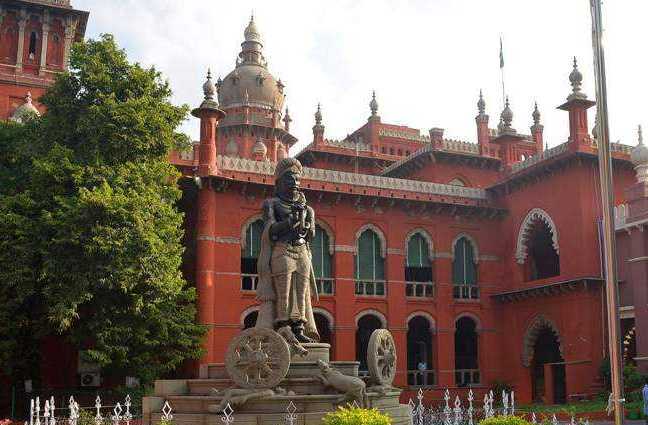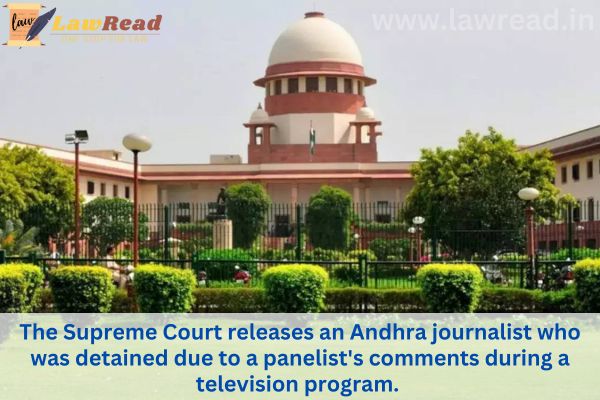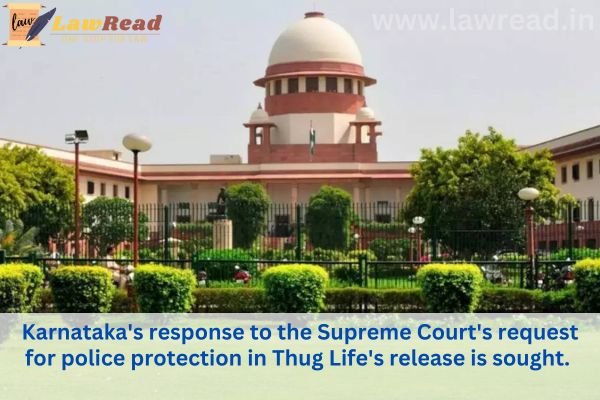News
Experts say India needs more robust security measures to combat cyberattacks.

On Tuesday, cyber security experts expressed alarm about the rise in cyberattacks in India and emphasized the need for more robust measures to address the issue. The opinions were expressed during the publication of a report called "The Invisible Hand" by PRAHAR, an NGO that focuses on public concerns that, if left unchecked, might leave Indian citizens feeling powerless.
By 2033, India will be the target of around one trillion cyberattacks yearly, according to PRAHAR's statistical forecasts. The nation is expected to experience 17 trillion cyberattacks by the time it celebrates its 100th birthday in 2047.
"This staggering scale underscores the urgent need for a robust, large-scale cyber defence apparatus to safeguard the nation," it stated.
There are two kinds of cyberattacks, according to Abhay Mishra, national convenor and president of PRAHAR, who expressed serious worries about them. According to him, the first entails conventional hackers who take advantage of system flaws to cause disruption or financial benefit.
Through manipulation, compulsion, or intimidation, the second, more pernicious kind recruits citizens to participate in anti-national activities. He stated that illicit betting apps are the most likely to employ such strategies.
According to the NGO's research, the nation saw over 79 million cyberattacks in 2023, placing it third in the world for the quantity of such occurrences. Compared to the prior year, this represented a 15% rise. It further stated that the increase persisted till 2024.
Over 500 million occurrences were blocked in just three months, according to the research, which also showed a dramatic increase in cyberattacks in the first quarter.
The chairman of the Centre for Research on Cyber Crime and Cyber Law and a well-known techno-legal specialist, Anuj Agarwal, stated that "communities must be involved to bear upon our youth to deter them from falling prey to illegal social media platforms."
According to Muktesh Chander, a former IPS officer with a PhD in Cyber Security from IIT Delhi and expertise in technology management and cybercrime investigation, "a situation has arisen where not only individual hackers or disgruntled people but also state-sponsored actors and states themselves are engaging in activities that sabotage important parameters of the economy."
Prominent criminologist and Crimophobia creator Snehil Dhall stated: "In India today, the reactive aspect of cyber security measures is evident, but the proactive aspect is absent. Today, we are attempting to neutralize or lessen a threat, but we must launch an offense. It is time to get ready for a surgical strike on interests that are endangering our country because we are living in the age of surgical strikes," Dhall stated.
Prime Minister Narendra Modi has also called attention to the problem of scammers using "digital arrests" as a cybercrime and encouraged people to follow the maxim "stop, think, and take action" when they encounter such a scam, claiming that doing so will give them digital security.
During his monthly 'Mann ki Baat' program on Sunday, he stated that while the states are collaborating with the probe authorities to address the problem, he also emphasized the importance of knowledge in defense against this crime.
On Tuesday, cyber security experts expressed alarm about the rise in cyberattacks in India and emphasized the need for more robust measures to address the issue. The opinions were expressed during the publication of a report called "The Invisible Hand" by PRAHAR, an NGO that focuses on public concerns that, if left unchecked, might leave Indian citizens feeling powerless.
By 2033, India will be the target of around one trillion cyberattacks yearly, according to PRAHAR's statistical forecasts. The nation is expected to experience 17 trillion cyberattacks by the time it celebrates its 100th birthday in 2047.
"This staggering scale underscores the urgent need for a robust, large-scale cyber defence apparatus to safeguard the nation," it stated.
There are two kinds of cyberattacks, according to Abhay Mishra, national convenor and president of PRAHAR, who expressed serious worries about them. According to him, the first entails conventional hackers who take advantage of system flaws to cause disruption or financial benefit.
Through manipulation, compulsion, or intimidation, the second, more pernicious kind recruits citizens to participate in anti-national activities. He stated that illicit betting apps are the most likely to employ such strategies.
According to the NGO's research, the nation saw over 79 million cyberattacks in 2023, placing it third in the world for the quantity of such occurrences. Compared to the prior year, this represented a 15% rise. It further stated that the increase persisted till 2024.
Over 500 million occurrences were blocked in just three months, according to the research, which also showed a dramatic increase in cyberattacks in the first quarter.
The chairman of the Centre for Research on Cyber Crime and Cyber Law and a well-known techno-legal specialist, Anuj Agarwal, stated that "communities must be involved to bear upon our youth to deter them from falling prey to illegal social media platforms."
According to Muktesh Chander, a former IPS officer with a PhD in Cyber Security from IIT Delhi and expertise in technology management and cybercrime investigation, "a situation has arisen where not only individual hackers or disgruntled people but also state-sponsored actors and states themselves are engaging in activities that sabotage important parameters of the economy."
Prominent criminologist and Crimophobia creator Snehil Dhall stated: "In India today, the reactive aspect of cyber security measures is evident, but the proactive aspect is absent. Today, we are attempting to neutralize or lessen a threat, but we must launch an offense. It is time to get ready for a surgical strike on interests that are endangering our country because we are living in the age of surgical strikes," Dhall stated.
Prime Minister Narendra Modi has also called attention to the problem of scammers using "digital arrests" as a cybercrime and encouraged people to follow the maxim "stop, think, and take action" when they encounter such a scam, claiming that doing so will give them digital security.
During his monthly 'Mann ki Baat' program on Sunday, he stated that while the states are collaborating with the probe authorities to address the problem, he also emphasized the importance of knowledge in defense against this crime.












